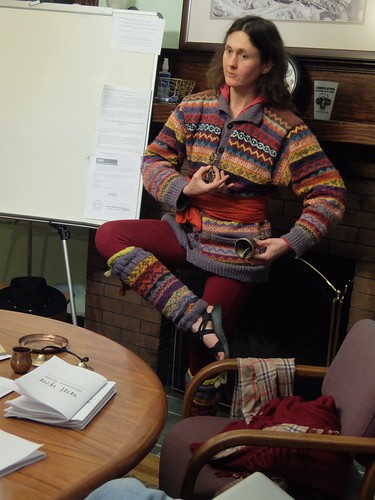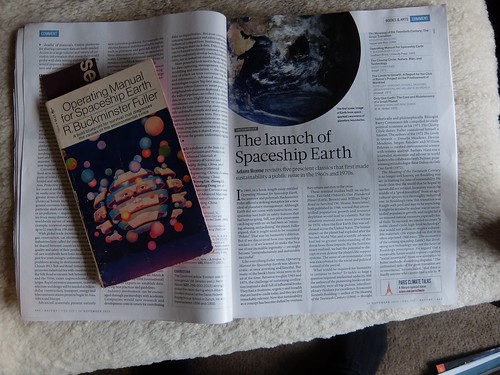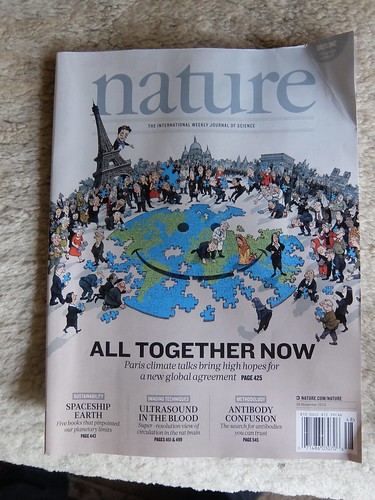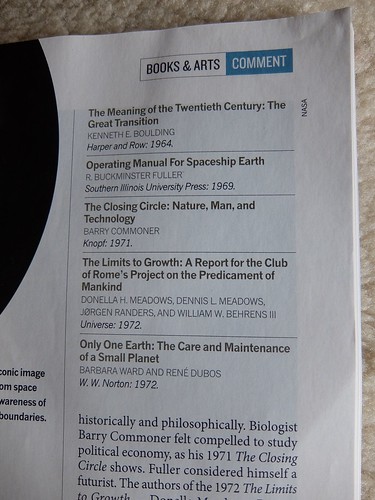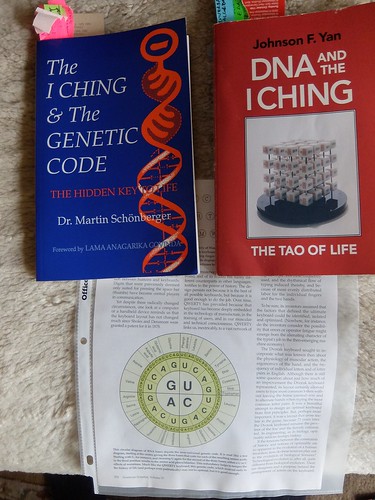Lindsey Walker is discussing her research in Newar Charya Nritya, a form of meditation centered in dance. The fact that Portland has a Newar temple on the same city block as the Linus Pauling House, does figure in to this narrative.
She's tackling the Newar language, in conjunction with the Buddhist tradition, as the priests and gurus who know the disciplines tend to be native Newar speakers. Many of the texts are in this language. Newar is Sino-Tibetan, though rendered in Sanskrit.
She's working through Oregon State University. Charya Geeti is the musical aspect, which she's studying through the Anthropology department. She's also doing religious and international studies, with a boost from her credits at Florida State. Kinesiology looks at the dance aspect.
Quakerism, as I've experienced it, includes a cast of mostly women who appreciate the relevance and power of movement, and they would lead workshops in this area, but if you want deeply rooted ritual practices, Vajrayana Buddhism is where to look.
The masters of Charya Nritya realized back in the 1950s that their at one time semi-secret practice was in danger of dying out. A few experimental solutions were devised and Lindsey is involved in some of them.
The North Indian raga system is complex and provides the basis for Charya Geeti. The other basis would be the religious texts themselves (the "lyrics" or "verses").
We had some interesting discussions about low budget travel, such as Lindsey was doing on her first trip to Nepal. She actually slept nine days in a forest, in addition to staying with random strangers who offered her shelter. Barry reminisced about his Peace Corps experience.
Lindsey brought examples of the texts she's working with and sang a few notes. We had some professional musicians in the audience.
Students of Synergetics would do well to map the dorje (or vajra, as held by Vajra Satto), to Fuller's "bow-tie" icon.
She's tackling the Newar language, in conjunction with the Buddhist tradition, as the priests and gurus who know the disciplines tend to be native Newar speakers. Many of the texts are in this language. Newar is Sino-Tibetan, though rendered in Sanskrit.
She's working through Oregon State University. Charya Geeti is the musical aspect, which she's studying through the Anthropology department. She's also doing religious and international studies, with a boost from her credits at Florida State. Kinesiology looks at the dance aspect.
Quakerism, as I've experienced it, includes a cast of mostly women who appreciate the relevance and power of movement, and they would lead workshops in this area, but if you want deeply rooted ritual practices, Vajrayana Buddhism is where to look.
The masters of Charya Nritya realized back in the 1950s that their at one time semi-secret practice was in danger of dying out. A few experimental solutions were devised and Lindsey is involved in some of them.
The North Indian raga system is complex and provides the basis for Charya Geeti. The other basis would be the religious texts themselves (the "lyrics" or "verses").
We had some interesting discussions about low budget travel, such as Lindsey was doing on her first trip to Nepal. She actually slept nine days in a forest, in addition to staying with random strangers who offered her shelter. Barry reminisced about his Peace Corps experience.
Lindsey brought examples of the texts she's working with and sang a few notes. We had some professional musicians in the audience.
Students of Synergetics would do well to map the dorje (or vajra, as held by Vajra Satto), to Fuller's "bow-tie" icon.
